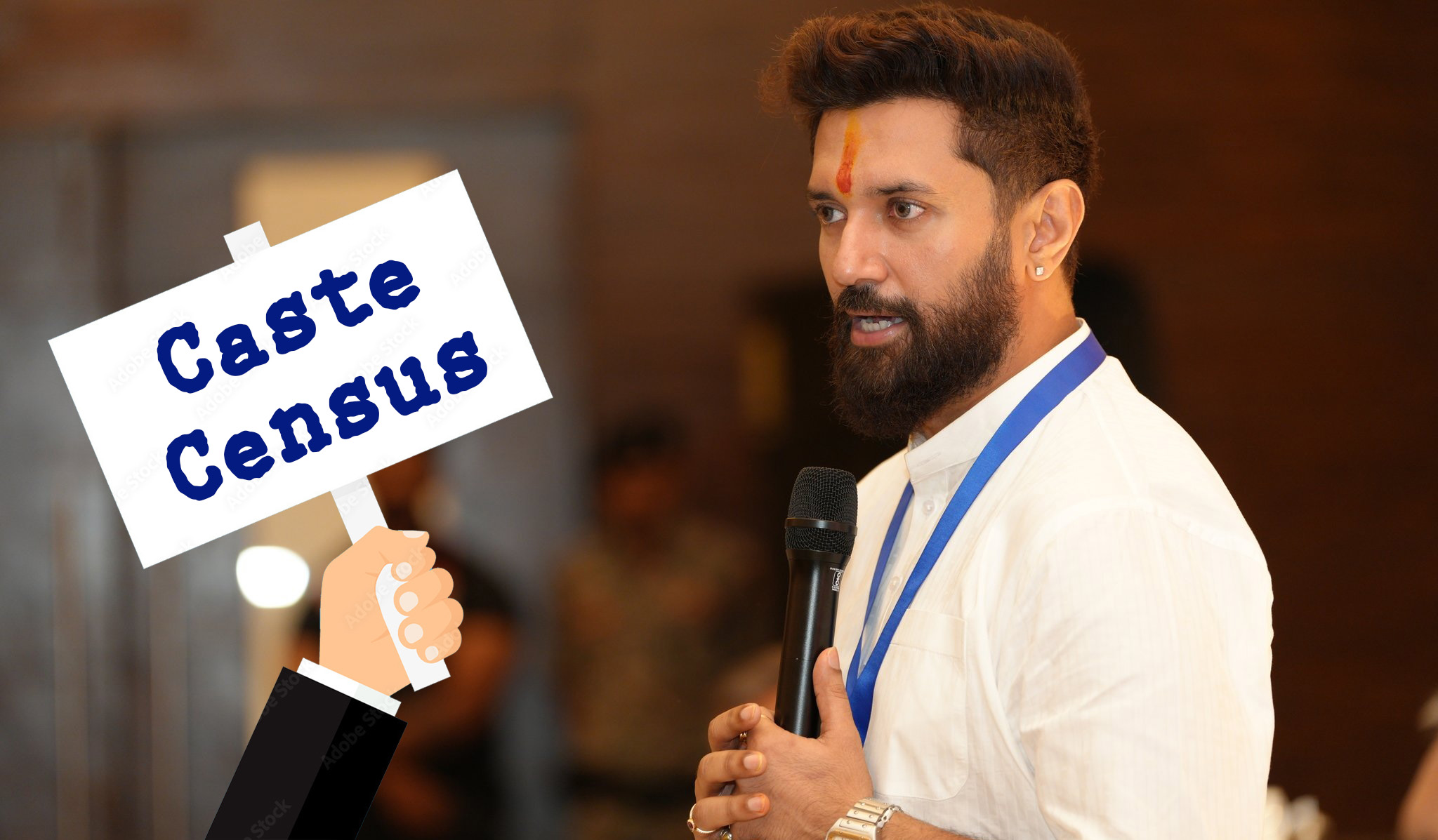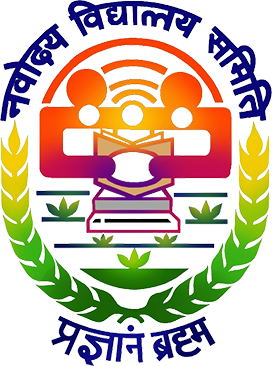
Introduction
The demand for a caste census in India has become a hot-button issue, sparking debates across the political spectrum. At the center of this conversation is Chirag Paswan, the leader of the Lok Janshakti Party (Ram Vilas) and a significant figure in Bihar politics. His recent statements supporting the caste census have caught the attention of many, given his party’s alliance with the ruling BJP, which has been cautious about endorsing the census. In this blog, we will explore Chirag Paswan’s stance, his concerns about publicizing caste data, and the broader implications for Indian politics.
The Caste Census Debate
A caste census involves collecting detailed data on the caste composition of the population, which has not been done since 1931. The demand for such a census stems from the need to have accurate data for formulating policies that aim at uplifting marginalized communities. Proponents argue that a caste census is crucial for ensuring that government schemes reach those who need them the most. Opponents, however, warn that such a census could exacerbate caste divisions and be used for political gains rather than social justice.
The debate over the caste census has intensified in recent years, with various political parties and social groups advocating for it. They argue that without accurate data, policies aimed at social justice, such as reservations in education and employment, cannot be effectively implemented.
Chirag Paswan’s Support for the Caste Census
Chirag Paswan has come out in strong support of the caste census, emphasizing its importance for social justice. He argues that without knowing the exact population of different castes, it is challenging to ensure that government schemes are reaching the intended beneficiaries. Paswan’s stance aligns with that of the opposition parties, who have been vocal about the need for a caste census. His support is particularly significant given his party’s alliance with the BJP, which has been more reserved on the issue.
Paswan believes that a caste census is not just about numbers but about ensuring that resources are allocated equitably. He contends that accurate data would enable more effective targeting of welfare schemes, thereby addressing the socio-economic disparities that persist among different castes.
Concerns About Publicizing Caste Data
While Paswan supports the caste census, he has expressed concerns about making the collected data public. He fears that the release of such data could lead to increased societal divisions. The concern is that caste data could be manipulated for political purposes, leading to further fragmentation of society along caste lines. This caution reflects the delicate balance that political leaders must strike in addressing caste-related issues in India.
Paswan’s concerns highlight the complexities of caste politics in India. While a caste census could provide valuable data for policy-making, the potential for misuse of this data is a significant risk. This dilemma underscores the need for careful consideration of how caste data is collected, analyzed, and used.
Political Implications of Paswan’s Stance
Chirag Paswan’s support for the caste census is a strategic move that could have significant political implications, particularly in Bihar, where caste dynamics play a crucial role in elections. By endorsing the caste census, Paswan positions himself as a champion of social justice, potentially appealing to a broad base of voters, including marginalized communities.
Paswan’s stance may also influence his political alliances. While his party is currently allied with the BJP, his support for a caste census could bring him closer to opposition parties that have been pushing for the census. This dynamic could reshape political alliances in Bihar and beyond, especially as the demand for a caste census continues to gain momentum.
Reactions from Other Political Leaders and Parties
Paswan’s position has elicited a range of reactions from other political leaders and parties. Some have welcomed his support for the caste census, seeing it as a step towards greater social justice. Others, particularly those within the BJP, may view his stance as a challenge to the party’s more cautious approach to the issue.
The central government has yet to make a definitive statement on whether it will conduct a caste census. However, the growing pressure from various political leaders, including Paswan, suggests that this issue will remain a focal point in Indian politics.
Conclusion
Chirag Paswan’s advocacy for a caste census reflects the complex and evolving nature of caste politics in India. While he supports the census as a tool for social justice, his concerns about publicizing caste data highlight the potential risks involved. As the debate over the caste census continues, it will be essential to balance the need for accurate data with the need to maintain social harmony.
The caste census debate is not just about numbers; it is about the future of social justice in India. Chirag Paswan’s stance adds a significant voice to this critical conversation, one that could shape the political landscape in the years to come.
Call to Action
What do you think about the caste census debate? Do you believe it will help in achieving social justice, or do you share Chirag Paswan’s concerns about its potential impact on societal divisions? Share your thoughts in the comments below and stay informed on this crucial issue.







